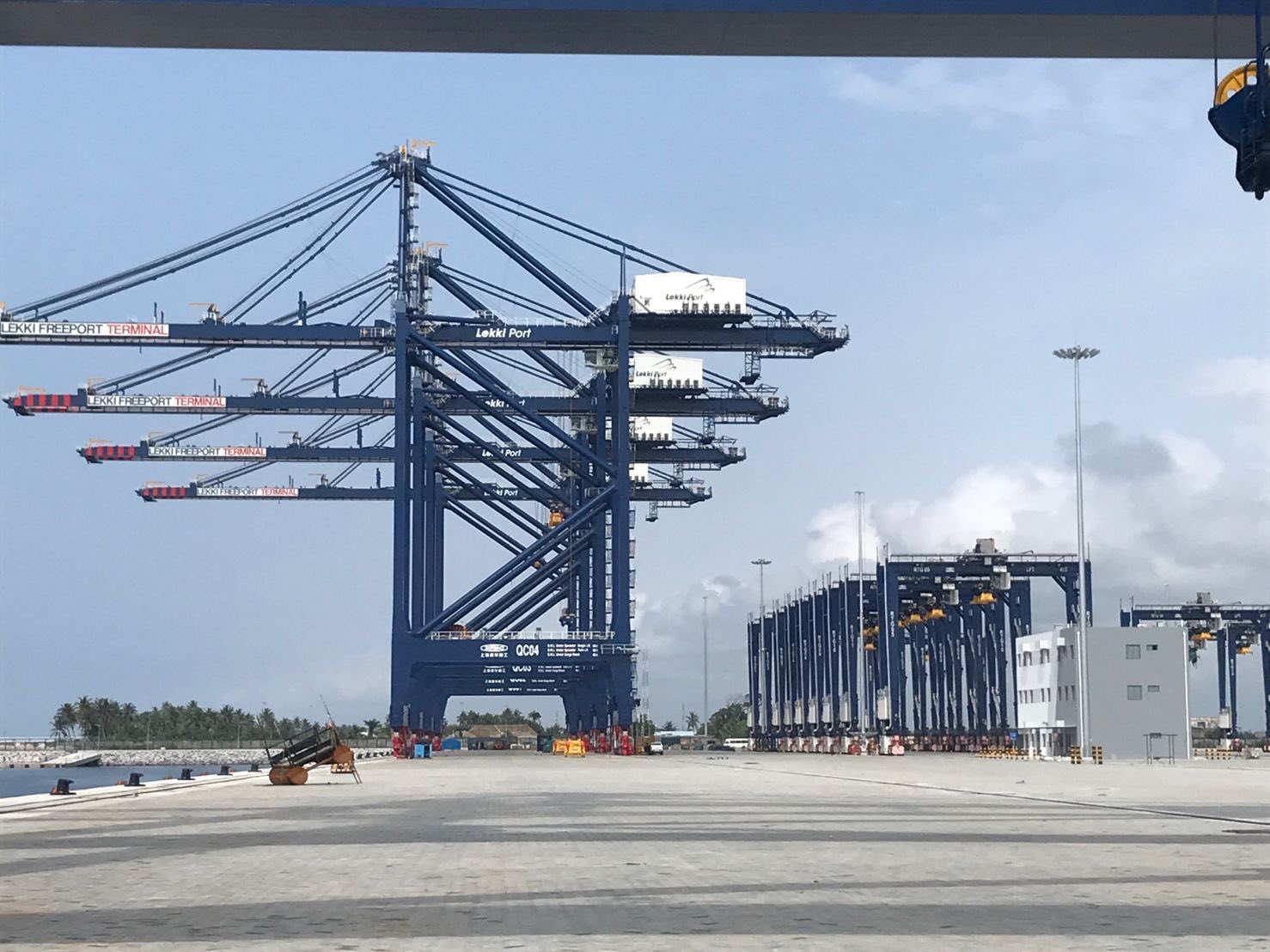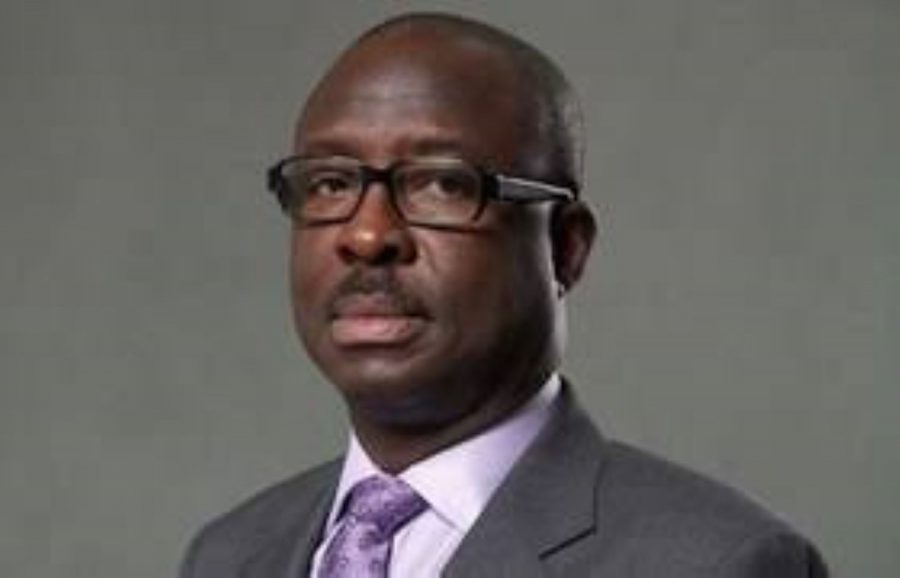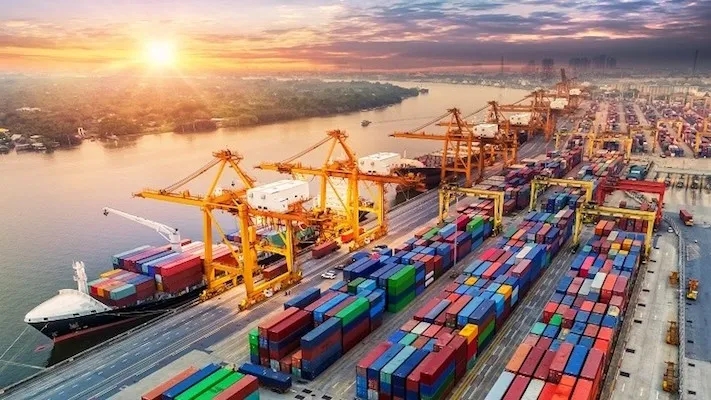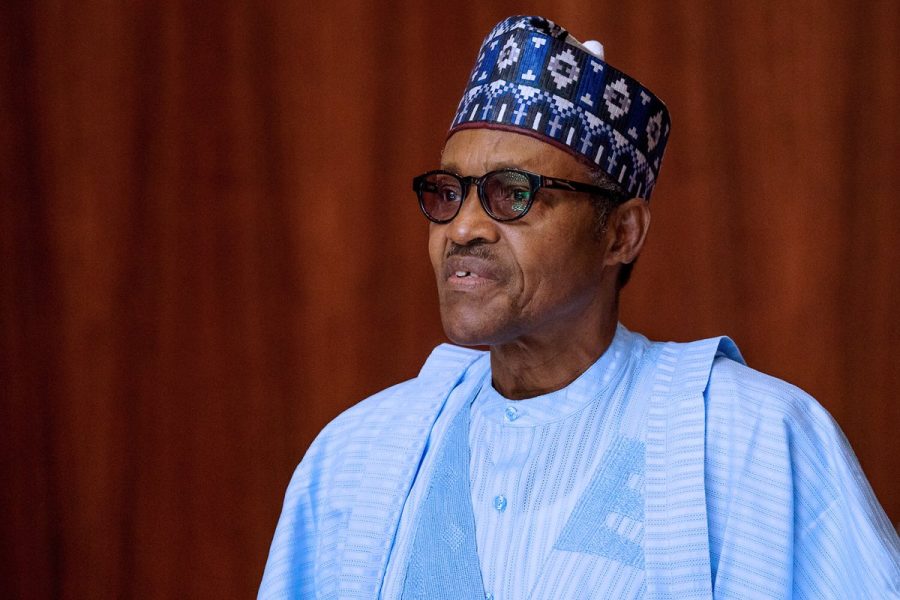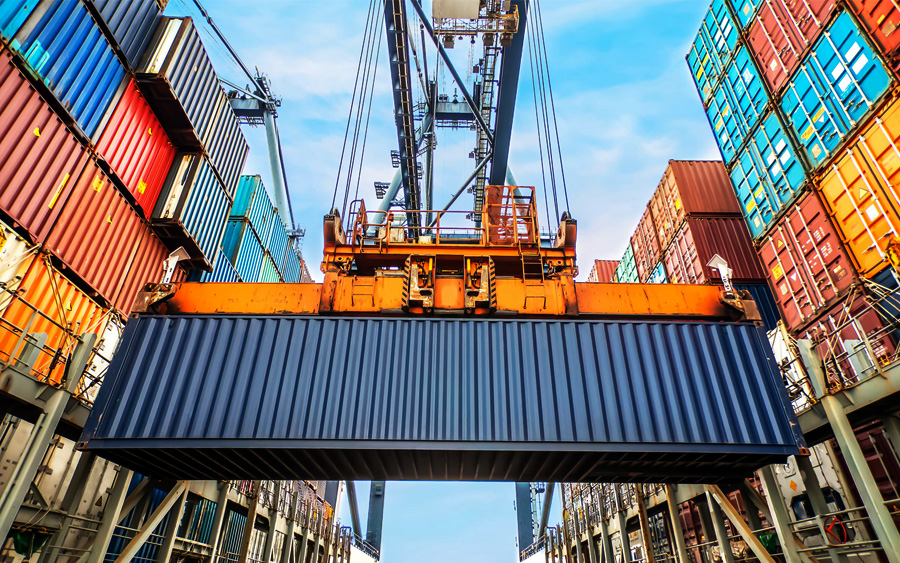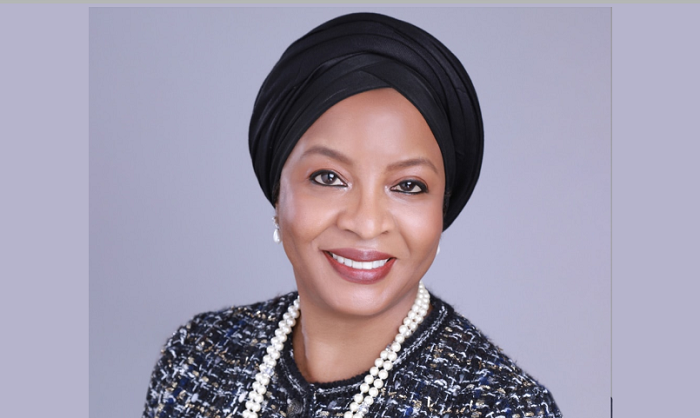Key highlights:
- Economic Commission for Africa (ECA), urges African countries to promote the free movement of people across their borders to boost intra-African trade.
- Slow ratification of the Protocol has been attributed to a lack of knowledge and appreciation of the benefits of the free movement of persons.
- Factors for slow ratification include a Lack of awareness of the Protocol, a lack of political will, security and health concerns.
The African Continental Free Trade Area (AfCFTA) slow ratification of the Protocol has been attributed to a lack of knowledge and appreciation of the benefits of the free movement of persons.
The ECA noted the factors include a Lack of awareness of the Protocol, a lack of political will, and security concerns are also some of the factors.
This was disclosed by the ECA’s Director of Regional Integration and Trade Division, Stephen Karingi, in a statement on Friday.
Free Movement
The Economic Commission for Africa (ECA), chief, urged African countries to promote the free movement of people across their borders to boost intra-African trade.
Stephen Karingi revealed that the speedy ratification of the Protocol on the free movement of people would boost trade and economic development, citing that the African Union recognised the importance adopted the Free Movement of Persons Protocol in 2018, noting that 33 member states have signed the protocol.
- “The state of ratification is disheartening, given that the protocol is aimed at facilitating regional integration in general and the implementation of the African Continental Free Trade Area (AfCFTA), in particular.”
- He said the “Free Movement of Persons for Trade is geared towards an Accelerated Ratification of the AU Free Movement of Persons Protocol in Support of the implementation of the AfCFTA”.
Slow ratification
Karingi added that the Experts’ Group Meeting reviewed the policy report and outcome of a joint study by the African Union Commission (AUC) and ECA, adding that the study showed the benefits of the free movement of persons for implementing the AfCFTA and identified factors behind the slow ratification of the Protocol, he said:
- “The slow ratification of the Protocol has been attributed to a lack of knowledge and appreciation of the benefits of free movement of persons.
- “Lack of awareness of the Protocol, lack of political will, security and health concerns are also some of the factors.
- “The study recommends spirited advocacy and sensitisation campaigns targeting member states and civil society to initiate domestic processes for ratifying the Protocol.”
The ECA Chief noted that the Free Movement of Persons Protocol is part of the treaty establishing the African Economic Community, citing it as a tool, to facilitate labour and skills mobility in accelerating African trade.
In case you missed it
Nairametrics reported recently that Nigeria’s Vice President, Yemi Osinbajo revealed that the African Continental Free Trade Area will overcome the constraints of Africa’s small, fragmented markets and its impact on commerce within the continent both in goods and services will be profound.
On the African Continental Free Trade Area
The Vice-president revealed that while some parts of the world were reviewing or quitting regional integration agreements, African countries were building on the pan-African legacy of leaders like Kwame Nkrumah to establish one continental market, he said:
- “The AfCFTA will overcome the constraints of Africa’s small, fragmented markets and its impact on commerce within the continent both in goods and services will be profound.
Recalling his speech at King’s College London, the Vice President said Africa has shown outstandingly good examples through the establishment of the African Continental Free Trade Area.
He added this would be particular, so, for adequate attention is paid to building regional value chains within the continent.

